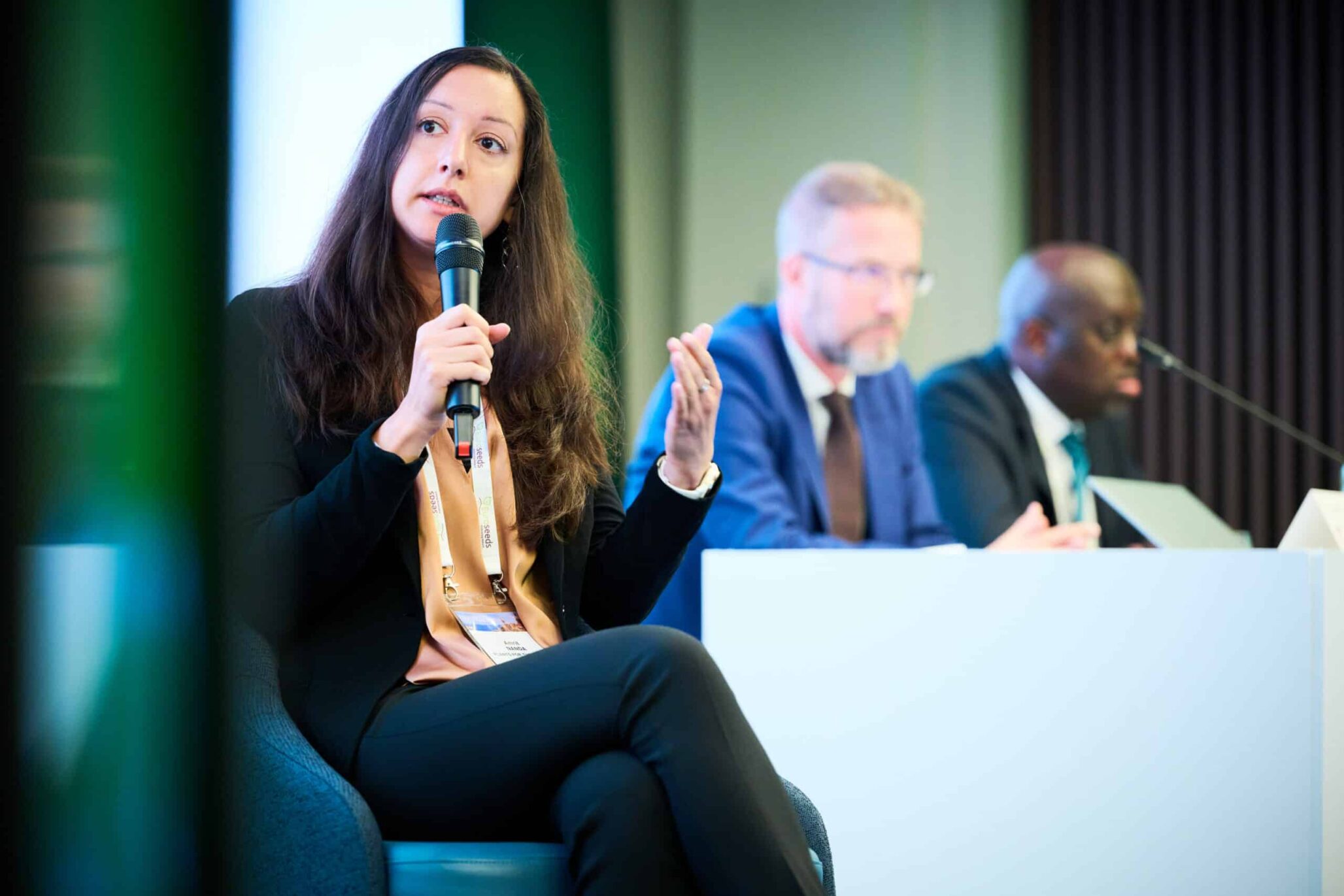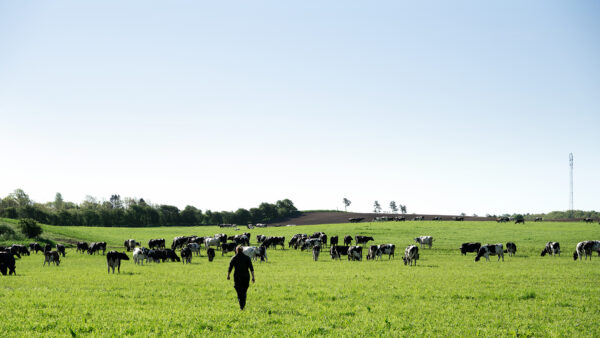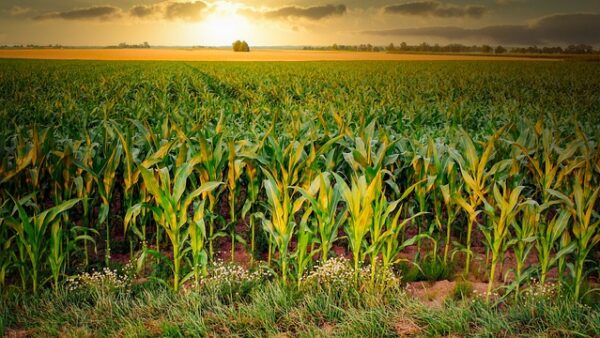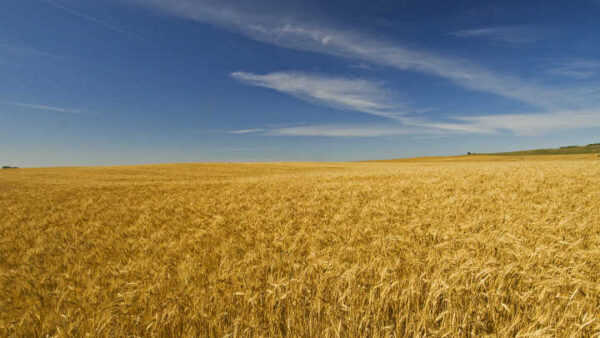Launched in UK Parliament on May 25, Science for Sustainable Agriculture (SSA) is the newest policy and communications platform that offers a hub for the information and debates surrounding modern, sustainable agriculture and food production.
SSA was inspired by the All-Party Parliamentary Group on Science and Technology in Agriculture (APPGSTA), who first called for the government’s UK Agri-Tech Strategy and most recently persuaded ministers to alter EU rules on gene editing technologies. The platform will be working closely with APPGSTA.
An independent advisory group consisting of political, scientific and industry leaders spearheaded the platform with the aim to, “promote a conversation rooted in scientific evidence, rather than ideology,” shared a press release from SSA.
SSA offers a platform for individuals and organizations to “champion and explain the vital role of science and technology in safeguarding our food supply, tackling climate change and protecting the natural environment,” added the release.
SSA stated is not afraid to expose, comment on and challenge positions conflicting with science or policy decisions regarding sustainable agriculture.
“It is vital that policy making for UK agriculture is based on robust scientific evidence. Decision makers need to be able to use the knowledge generated through rigorous research and not be distracted by false claims or emotive and disingenuous messages,” said Helen Ferrier, scientific and regulatory affairs advisor for the National Farmers’ Union (NFU). “Tackling climate change, ensuring the resilience and sustainability of British farms, and maintaining the security of our food supply relies on excellent policy making in government and the adoption of innovative solutions and technologies throughout the agri-food sector. Science for Sustainable Agriculture will help provide the collective, informative and challenging voice that is needed to deliver great policy and the best innovation for a more secure future.”
SSA has presented a report to the Department for Environment, Food and Rural Affairs (DEFRA) Minister Victoria Prentis that urges the government to make greater efforts to center scientific rigor and evidence around Britain’s food and farming policies to avoid a food crisis.
Six key themes have been identified for the framework of SSA’s work program:
Science Based Regulation
Guaranteeing the regulation of agricultural innovation is equitable, non-discriminatory and founded on the most up-to-date scientific evidence. Taking advantage of opportunities for the UK to become a leader of global agri-science with an enabling approach to regulation.
Importance of Genetic Innovation
Emphasizing the role of genetic improvement as the main driver for higher yields, resource-efficiency and climate resilience, reflected in policy development and allocation of research funds.
Sustainable Intensification and Metrics
Highlighting the importance of restoring the policy focus on ‘sustainable intensification,’ in addition to developing science-based sustainability metrics able to consistently monitor the balance between resource use and environmental impact for each unit of production.
‘Naturalness’ in Food and Farming
Promoting informed debate surrounding the use of potentially misleading words, including ‘natural’ as it relates to food and agriculture.
“The evidence is overwhelming that the spectacular increase in recent decades in agricultural productivity through science has not only saved humanity from starvation and largely extinguished famine, but has also enabled the preservation of biodiversity,” explained Matt Ridley, science writer and farmer. “If productivity of farmland globally was the same as in 1960, we would need to farm 80% of the land area of the planet to feed today’s more than seven billion people, instead of 35%.”
Ethics of Sustainable Agriculture
Working towards new, ethical technology and innovation that not only considers the implications of authorizing new technologies, but also considers the ethics of blocking or restricting potential innovation to provide more food with reduced environmental impacts.
Agri-Tech Innovation
Committing to recognize and showcase the capability of other technologies and innovations in addition to genetic improvement, such as digital, AI, precision engineering and robotics.
SSA will offer a web-based platform to showcase these six key themes through commentary, news items, reports and presentations. Regular e-mailings and comments on topics of the day will also be available.
Read More About Developments Toward Sustainable Agriculture:
How to Promote Agrobiodiversity and Sustainable Agroecosystems











